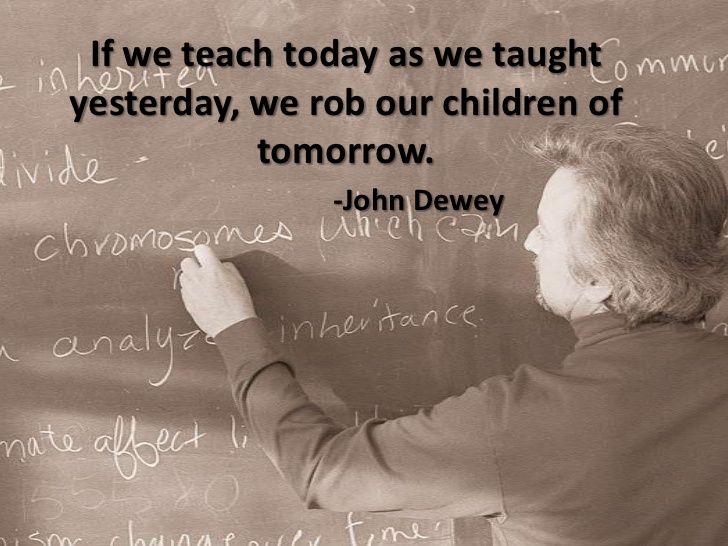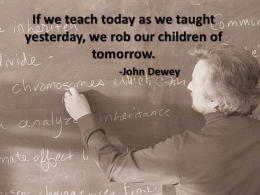According to a National Training Laboratory research from 1977, people learn 20% of what they see, 20% of what they hear, 40% of what they see and hear concurrently, and 80% of what they experience or discover on their own, which has a shifting influence on the individual. Memory increases because of life events. As a result, only if learning based on genuine experiences may grow and enhance abilities can there be a significant shift in attitudes among individuals in these experiences, who find ideas and criteria for reinforcement for themselves.
Experiential learning can be accomplished in the following ways:
Perception: People gain cognitive and behavioral awareness of choice via experience and action.
Conceptualization: People seek to assess their reality and experience, develop action models through theoretical debates and instances, and exchange thoughts to better understand experiences.
Contextualization: individuals use and contextualize research objects to bring them closer to their reality, strategic planning, and self-evaluation, guaranteeing that each individual relates, takes part, and realizes their reality.
Experiential learning encompasses other forms of meaningful learning because people may absorb, alter, and get new knowledge besides learning in unusual, fascinating, and inventive ways. We may apply this knowledge in areas other than education, such as community and health.
It is critical to emphasize the significance of establishing settings that apply to the reality of the participants, their domain, and perceived requirements, as well as balancing and integrating experience with the concepts and principles required to attain the learning objectives.
I would want to conclude that this theory is well established and developed; it's not just a "trendy" tool that we can add into our classes or workplaces to make them more flexible and pleasant.
As I previously stated in this reflection, this theory has far-reaching implications that extend beyond the classroom. When we look at its basics, we can see that it applies to any outdoor activity, even the medical field, as it does to education.










